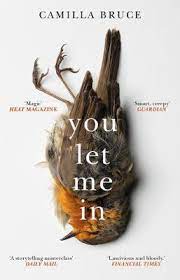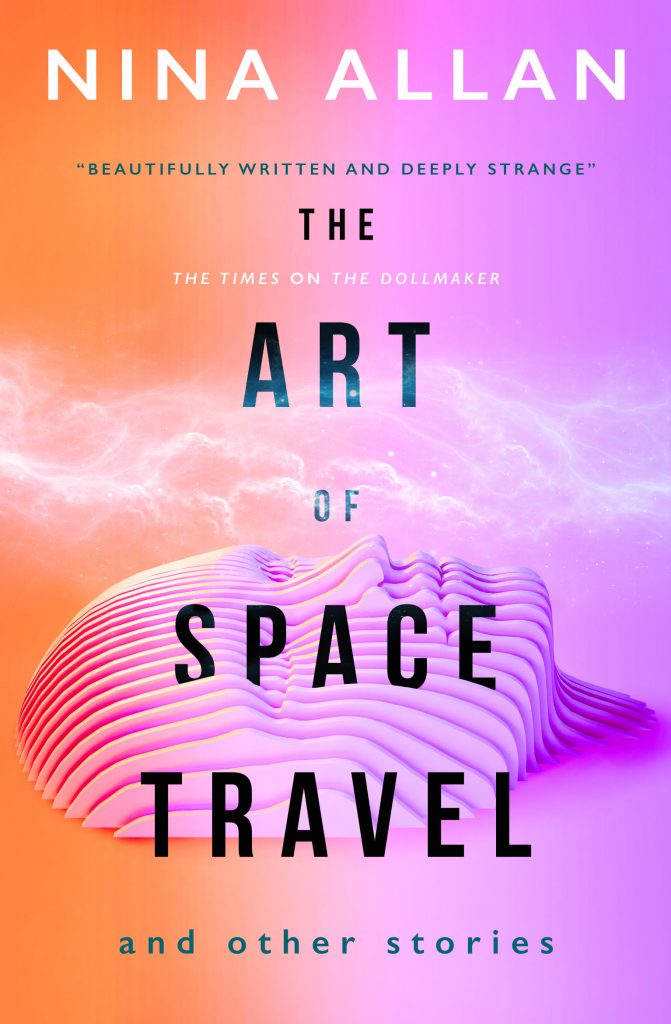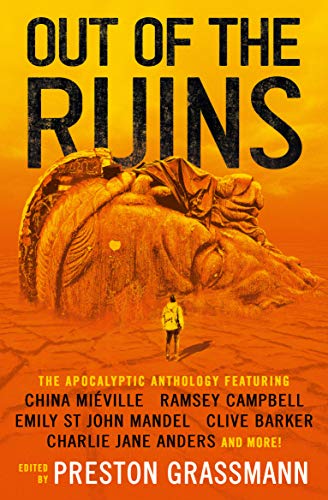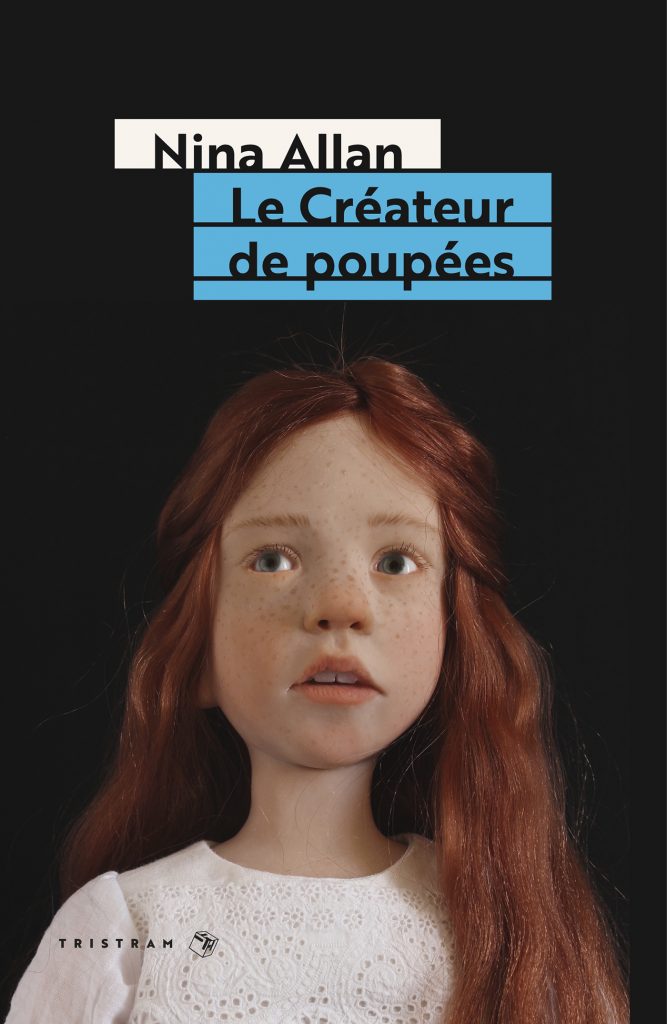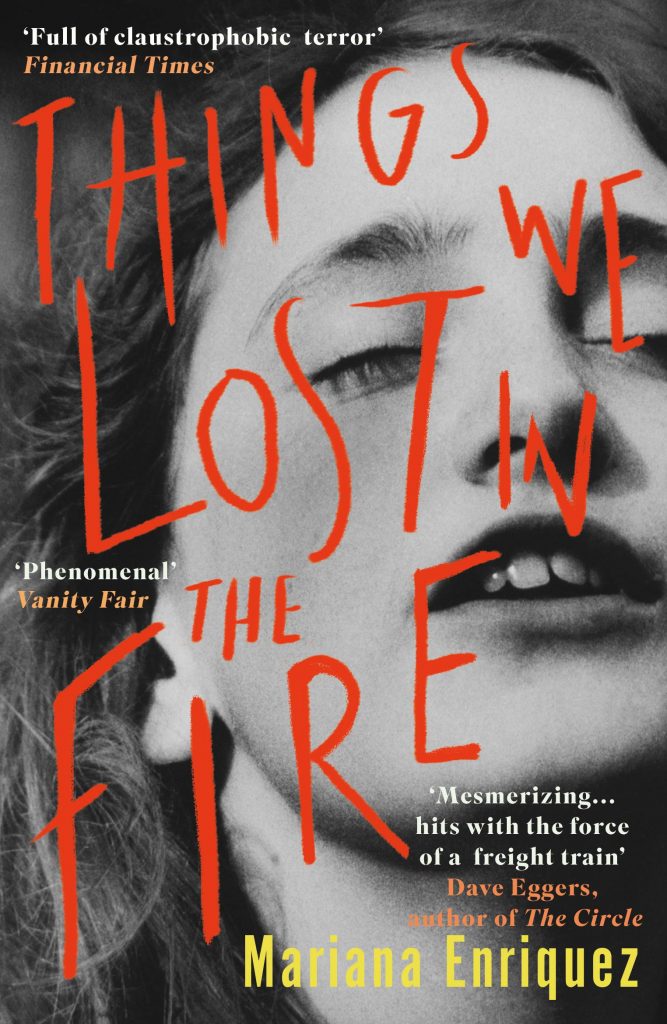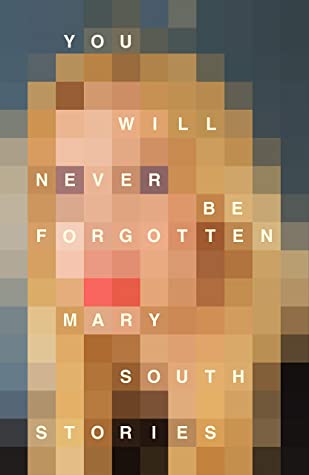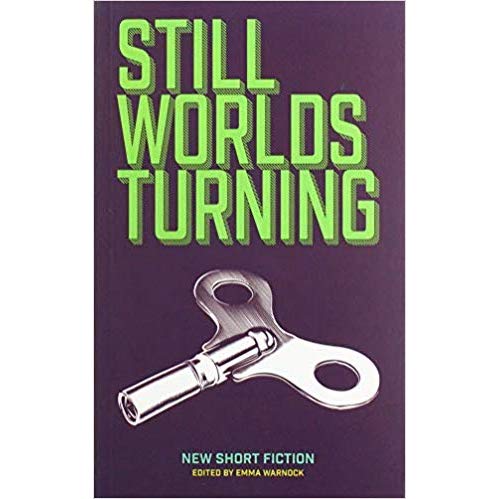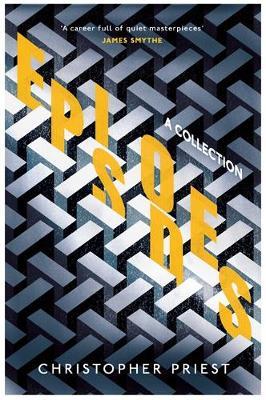Ageing is often presented as an accumulation, of disease, of discomforts, of wrinkles, but it is really a process of dispossession, of rights, of respect, of desire, of all those things you once so casually owned and enjoyed.
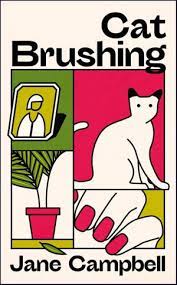
So reflects the narrator of ‘Cat Brushing’, the titular story of Jane Campbell’s original, engaging and important collection, out today.
In ‘Cat Brushing’, first published in the London Review of Books in 2017, a retired teacher now living with her son and daughter-in-law feels a bond with her Siamese cat that is a kind of spiritual twinning: the cat is getting on in years now but still feisty, still independent-minded. She enjoys praise and comfort but not at the expense of her personal autonomy. When the cat’s presence in her life is threatened, the story’s narrator senses a further forced reduction in her own sense of self:
So in the absence of being able to please I try to be useful. And not disgusting. The cat got sick yesterday. She does sometimes. She hunts, she has always hunted, but is, I feel, less successful than she used to be. There it is again, the loss. She catches the slower prey, and eats bits of it and it may already be ill or diseased.
At the heart of each of the thirteen stories in Cat Brushing is an older woman. Some of these women, like the narrator of the title story, have been forced from their own environments into hostile domains. Others have so far escaped the attention of controlling relatives or concerned neighbours, determined to preserve their independence or to stake a new-found happiness on one final and possibly ill-advised throw of the dice.
The subject matter of these stories – ageing, dependency, loss, abuse, regret – is of the kind that will no doubt tempt some critics to describe this collection as ‘heartbreaking’. But while it is true that more than a couple of Campbell’s intensely private, thoughtful tales brought tears to my eyes, I am much more inclined to characterise her work as defiant, subversive, intelligent and singularly empowering. Even in their forgetfulness and physical frailty, Campbell’s women are garrulous, insightful and occasionally duplicitous. They never fail to retain agency over their own lives, even when that agency drives them, ultimately, to refuse what is on offer.
Stories such as ‘Susan and Miffy’ and ‘Lamia’ show older women in active possession of a vibrant sexuality. ‘The Scratch’ and ‘The Kiskadee’ touch on themes of abuse and control, but there are no neat answers, no tidy conclusions as Campbell opts for ambiguity rather than moral outrage. In ‘183 Minutes’, a story that might equally have been dreamed up by Ruth Rendell, the protagonist experiences a stark premonition of her own destruction yet still finds the hope of happiness trumping the fear of risk:
And she turned her face towards the window for she wanted to see if there was a reflection there of the woman she had suddenly become. But in the anonymity of the rushing fields she saw only her body dumped in an alley, at the bottom of a cliff, down a well, and then they flew under a bridge and against the momentary blackness she saw her face again.
Rather than taking refuge in the past, these characters are inhabitants of the modern world, equipped to deal with any challenges the future may hold. In ‘Lockdown Fantasms’, Campbell takes issue with the way older people have been further marginalised and forgotten during the COVID-19 pandemic, the key decisions about their ‘wellbeing’ taken by others. Social media and the metaverse in this story are magical, life-saving resources; in ‘Schopenhauer and I’ the reverse is true, with digital companionship used as a cover for surveillance and control.
How refreshing it is, to meet characters who are not careful about how they express themselves, who say what they think with relish and a crooked smile. The language of Cat Brushing, while spare and unadorned, is never simple. Literary allusions and philosophical experiment take their place alongside landscape writing that is richly imaginative and resonant, where a longing for lost realities is always tempered by mordant wit. The final story in the collection, ‘On Being Alone’, references Chekhov, and in its accretion of significant detail, its elegiac quality it has a distinctly Chekhovian melancholy about it:
As a child I already knew that I needed, craved, bathed myself in solitude. Being alone was my best place. As I grew through my teens I began to understand it better. I narrowed it down to a fear of belonging. Belonging to me meant losing something. not gaining anything. Losing individuality, losing, dare I say, specialness. I was a secretive and isolated child and I feared being identified with any other child as some people might fear the plague.
As so often in Chekhov, you don’t end up where you think you will. The past number of years have seen important conversations taking place not just about representation in literature but about who is doing the representing. While I would staunchly argue that one of the key skills of the fiction writer is imaginative empathy, that for the writer prepared to undertake the creative groundwork, no identity or set of experiences should be out of bounds, it seems equally important that in the portrayal of particular histories, experiences and worldviews we should amplify and pay attention to writers with first-hand knowledge of those situations and communities.
The increasing diversity of our prize shortlists and publishing schedules is both exciting and timely. How discouraging it is then, to see the matter of age so often excluded from these vital discussions, to see writers actively debarred from ‘first novel’ or ‘new writer’ awards or grant applications simply on the grounds of being over forty. On social media especially the increasing tendency is to tell older writers to shut up.
Age is not only the last taboo, it seems, but the last acceptable breeding ground for prejudice as well. For women especially, pressures relating to family and other gender-based expectations have often been contributory factors in narrowing down or closing off routes to publication. I have lost count of the number of post-war women writers I have come across in my reading and research whose careers have stalled or floundered, not through any lack of talent but through lack of opportunity or recognition.
All of which makes a collection like Cat Brushing doubly important. In their power and persuasiveness, their wily transgressions, their willingness to take risks, Jane Campbell’s stories reveal a reality that is relevant to all of us and too often ignored.
